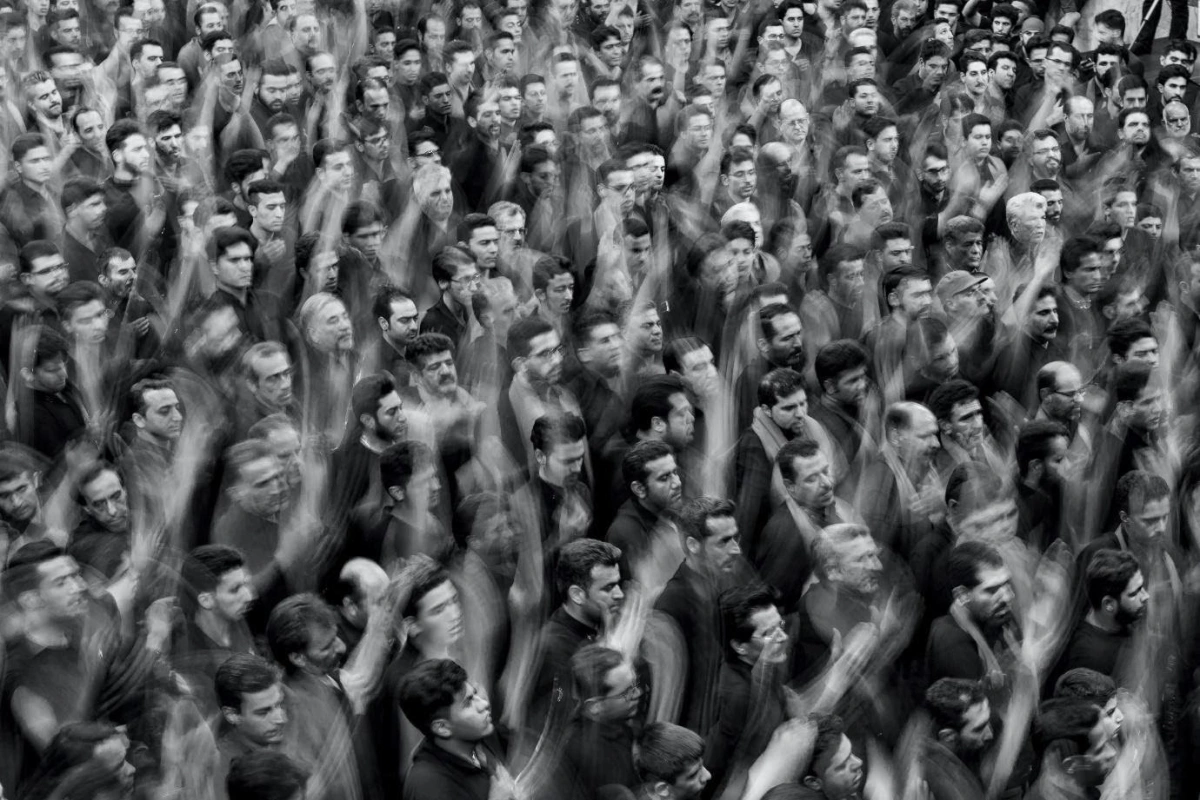In late January, Wall Street witnessed history. The stocks for GameStop, a retail chain in the United States that sells games and gaming consoles, shot up from being valued in the single dollars to hitting $347 per stock at its peak. This led to major losses for hedge funds who had shorted the stock, essentially betting large sums on its decline. The shift in stock value was caused by its mass-purchase by users on Reddit, a social networking platform. What initially started off as betting on GameStop stock in jest turned into a phenomenon fueled by anti-establishment sentiments. The internet memes littered through r/WallStreetBets (the subreddit at the heart of the situation) as well as other social media platforms played a critical role in spreading the joke and eventually, shaping what holding GameStop stock (GME) meant as a political statement. What is it about memes that can carry a movement – and how should it alter our understanding of the internet?
Internet memes are multimodal artifacts that are transformed by countless participants, through popular culture for public commentary. They serve as cultural commodities that represent public narratives at a point in history. Memes can also present visual arguments that discuss various ideological practices. Hence, they offer a mode of bidirectional communication in a social sphere–wherein they are shaped by, and actively shape, cultural discourse.
The use of humor, in its various forms, is a critical feature of the internet meme. Humor is viewed as a means of establishing superiority or providing relief to oneself or others. Most critically, perhaps, it is understood as a medium to highlight incongruity in an environment. This position holds that to laugh is an intellectual activity, based on a psychological motivation to maintain consistency within one’s internal reference frames and external environment. When there is an inconsistency between an individual’s perception of the expected norm and an actual event, humor is used as a means to address the gap. The expression of dissent through humor, hence, becomes a frequently availed option.
This was observed during the GameStop incident. The memes circulated about GameStop, hedge funds, and the stock market became a channel to challenge the financial systems of the United States, exacerbated economic inequalities, and the narrative of the ‘American dream’ – wherein an individual is deemed to be completely responsible for their own success or failure, regardless of the institutional frameworks that they operate within.


The element of humor in memes allows them to achieve popularity on the internet due to their “feel-good” factor. At the same time, they also contribute to the transfer of information and ideas that would traditionally fall under the realm of mainstream news cycles.
The dependence of memes on pop culture and humor has encouraged notions that they cheapen political discourse. However, this view has been rejected by those who argue that communication of political ideas through memes actually richen political conversations, due to their accessibility among the masses. Internet memes have hence ushered in an era of participatory media that exists as a direct retaliation to the exclusive, traditional media narratives that can be dictated by vested interests.
Moreover, the circulation of memes also creates a sense of community among people in terms of their ideological leanings, values, and opinions. This consolidating feature of memes is critical to their role in propelling in-group unity, and consequently, action that pervades online spaces. The Occupy Wall Street Movement of 2011 stands testament to the ability of memes to contribute a movement on ground. Aimed at protesting economic inequality in the United States, OWS actively used internet memes to further its message, as well as to respond to developments during protests. Most notably, the event of a police officer pepper spraying peaceful OWS protestors was addressed by the creation of the ‘Pepper Spray Cop’ memes. The string of memes that followed commented on police brutality and protest etiquette, and brought attention to the irrationality of such actions through its depiction in humorous ways.

Internet memes, thus, have emerged as crucial tools that allow for ideological discourses to take place untethered among the masses. Their inherent humor accentuates the crux of several issues, often cutting through semantics that would be at play at the same coverage of events in traditional media. In this aspect, the use of internet memes can be viewed as a revolutionary phenomenon that transfers power to the people to voice their opinions.
However, notions of nobility that surround the internet meme should be analyzed carefully. The same attributes of a meme that enable people to connect to its message – using humor to tackle incongruity, generating a sense of solidarity, and widening the scope for political engagement – can be utilized to propagate hateful ideas. A case in point is how Donald Trump’s 2016 campaign relied on viciously mocking Hillary Clinton through memes to generate a support base for itself. A meme, at the end of the day, is representative of the views of those who reproduce it. The political waves that any set of memes contribute to, hence, shape a phenomenon curated by their contents. The dissonance between different groups in real life will continue to exist online.
The contemporary potential of the internet meme pervades its original intent to provide its recipients with a laugh. The case of GameStop appropriately exhibits how memes can contribute to a movement, as well as drive it forward. While the United States financial system did not get reformed due to the GME surge, the incident has painted a lasting target on its back – with the possibility of landmark transformations at the horizon.
Aarohi Sharma is a Psychology student at Ashoka University. Her academic interests primarily focus on the intersection of politics and psychology in society.
We publish all articles under a Creative Commons Attribution-Noderivatives license. This means any news organisation, blog, website, newspaper or newsletter can republish our pieces for free, provided they attribute the original source (OpenAxis).

